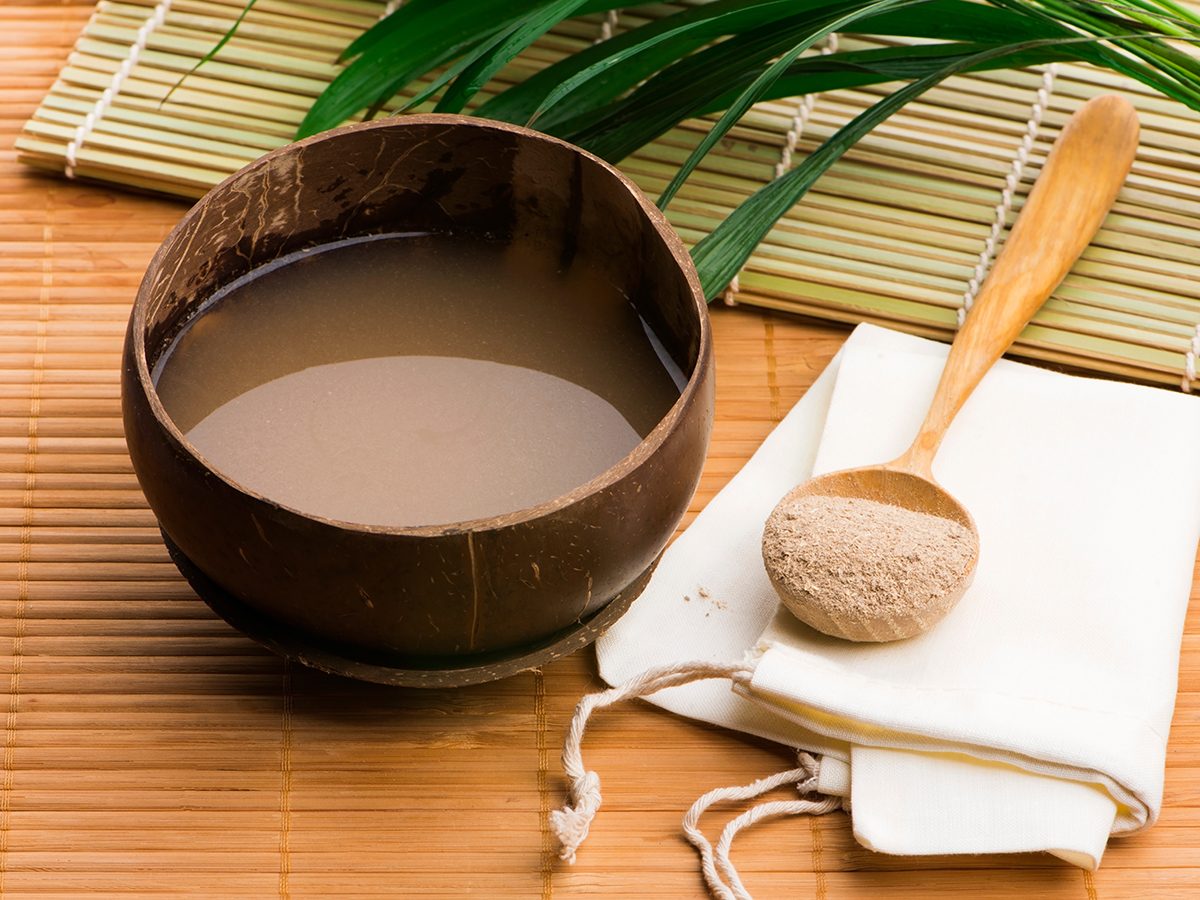
Kava
This pepper plant from the Pacific islands has been used for centuries as a natural way to induce sleep and soothe anxiety. It works by affecting levels of calming chemicals in the brain. However, high doses can cause liver damage, so we don’t recommend kava if you have an increased risk for liver disease (if, for example, you drink heavily or take medications that also stress the liver).
As with all of these natural remedies for anxiety, it’s important to speak with your doctor before taking kava so your liver function can be monitored, and to ensure kava won’t interact with other herbs and prescription medication you may be taking. The herb is not without risks, but there’s a risk with most anti-anxiety drugs, which also carry a threat of liver toxicity—and addiction too.
Here’s what experts recommend if you’re waking up with anxiety at night.
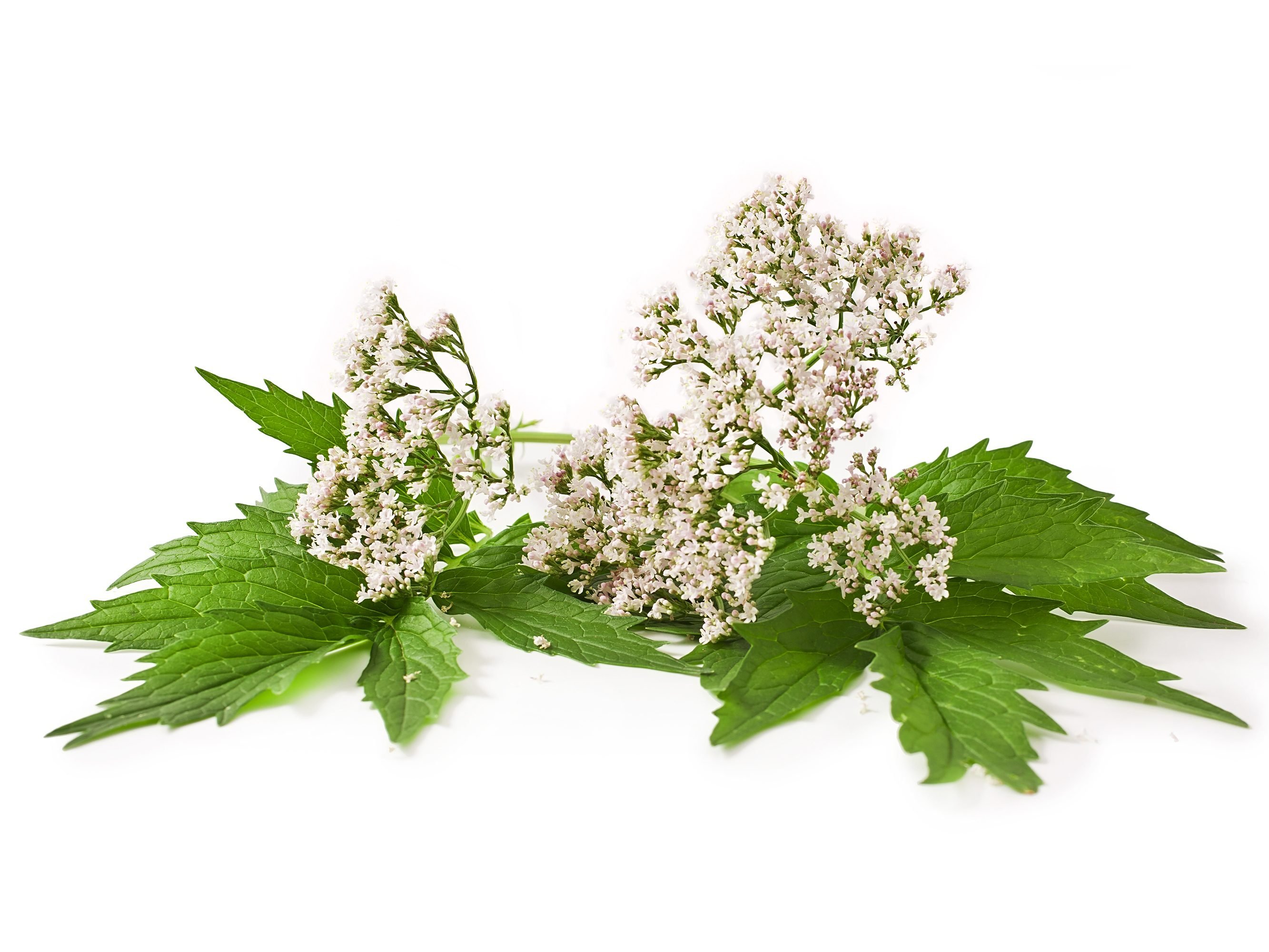
Valerian
Various studies link use of this herb with improved sleep—often a problem when you’re anxious. A naturopath may recommend you take 300 to 400 milligrams of a product standardized to 0.4% valerinic acids. You’ll need to take this natural remedy for anxiety for a couple of weeks to get the best effect.
You might also try these daily habits for a better night’s sleep.
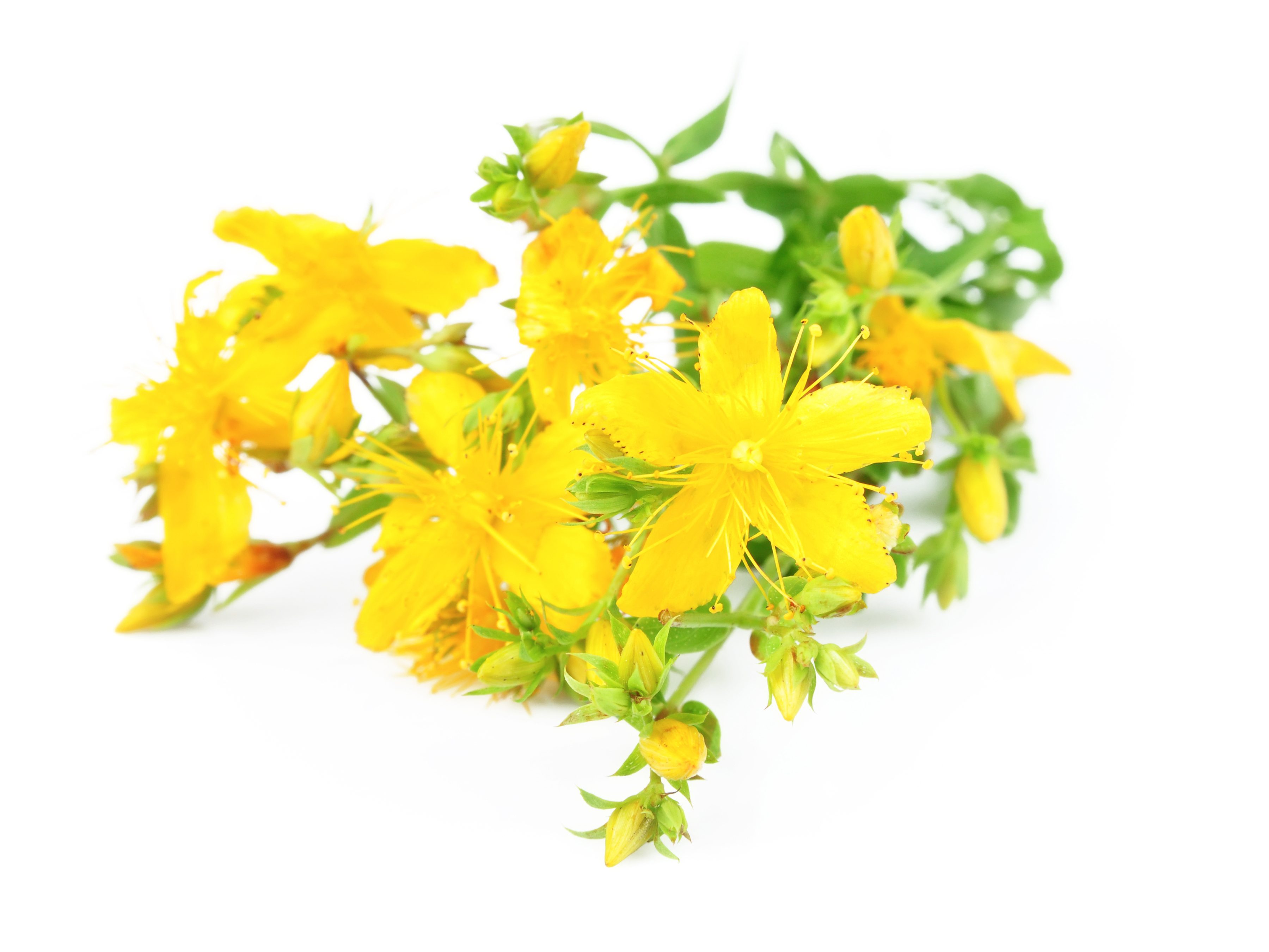
St. John’s Wort
This herb is typically favoured by homeopaths as a natural remedy for depression, but a few studies and case reports indicate it may also help reduce symptoms of obsessive-compulsive disorder and generalized anxiety disorder. (Find out what it’s really like to have generalized anxiety disorder.) For best results, take it along with the herb valerian. Again, you’ll want to talk to your doctor first because St. John’s Wort is known to interact with some medications.
Here are the questions you always need to ask your pharmacist when picking up a new prescription.
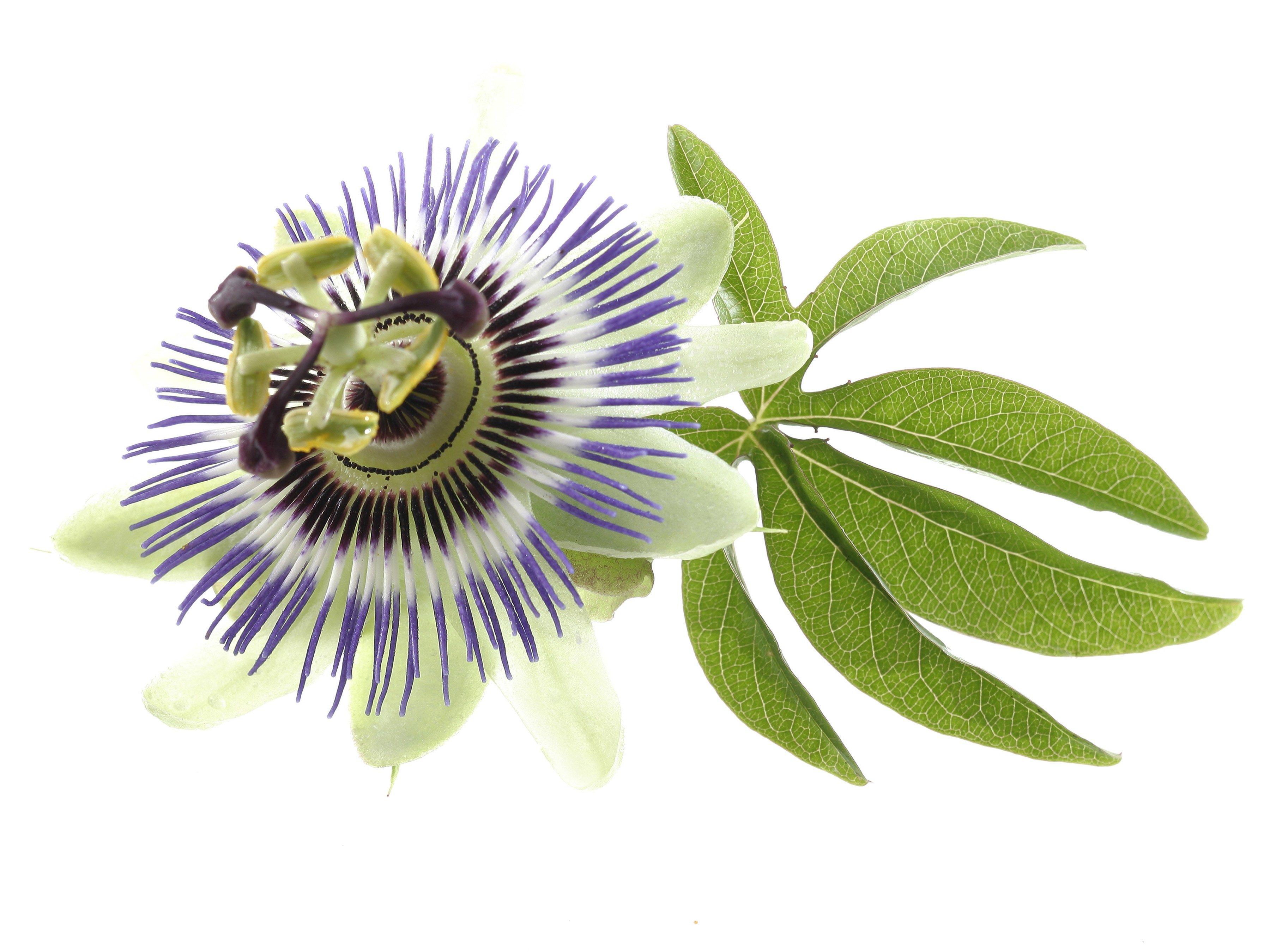
Passionflower
In one study of 36 people with generalized anxiety disorder, those who took passionflower extract for four weeks found their anxiety improved as much as those who took the prescription medication Serax (oxazepam). Although the drug worked faster, it also had more side effects, including impaired job performance. Passionflower is available as a tincture, and can be administered with an eyedropper right in your mouth or mixed with a bit of warm water and then swallowed.
Learn how to spot the signs of high functioning anxiety.
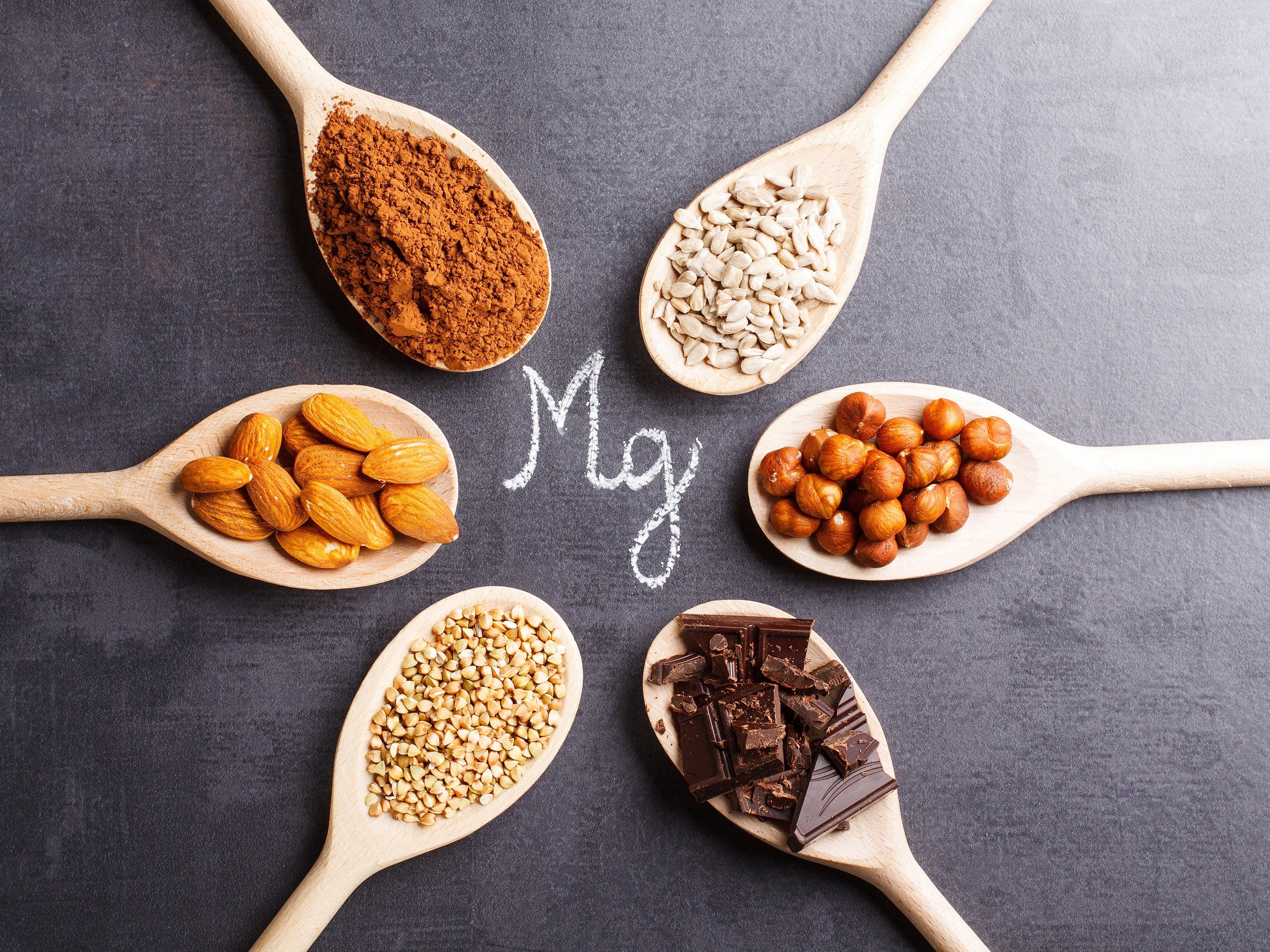
Magnesium
When you feel anxious and your body heads into fight-or-flight mode, you use up the magnesium in your body. This can create a vicious cycle, since low magnesium levels can contribute to anxiety. Anxiety relief is just one of the many health benefits of magnesium.
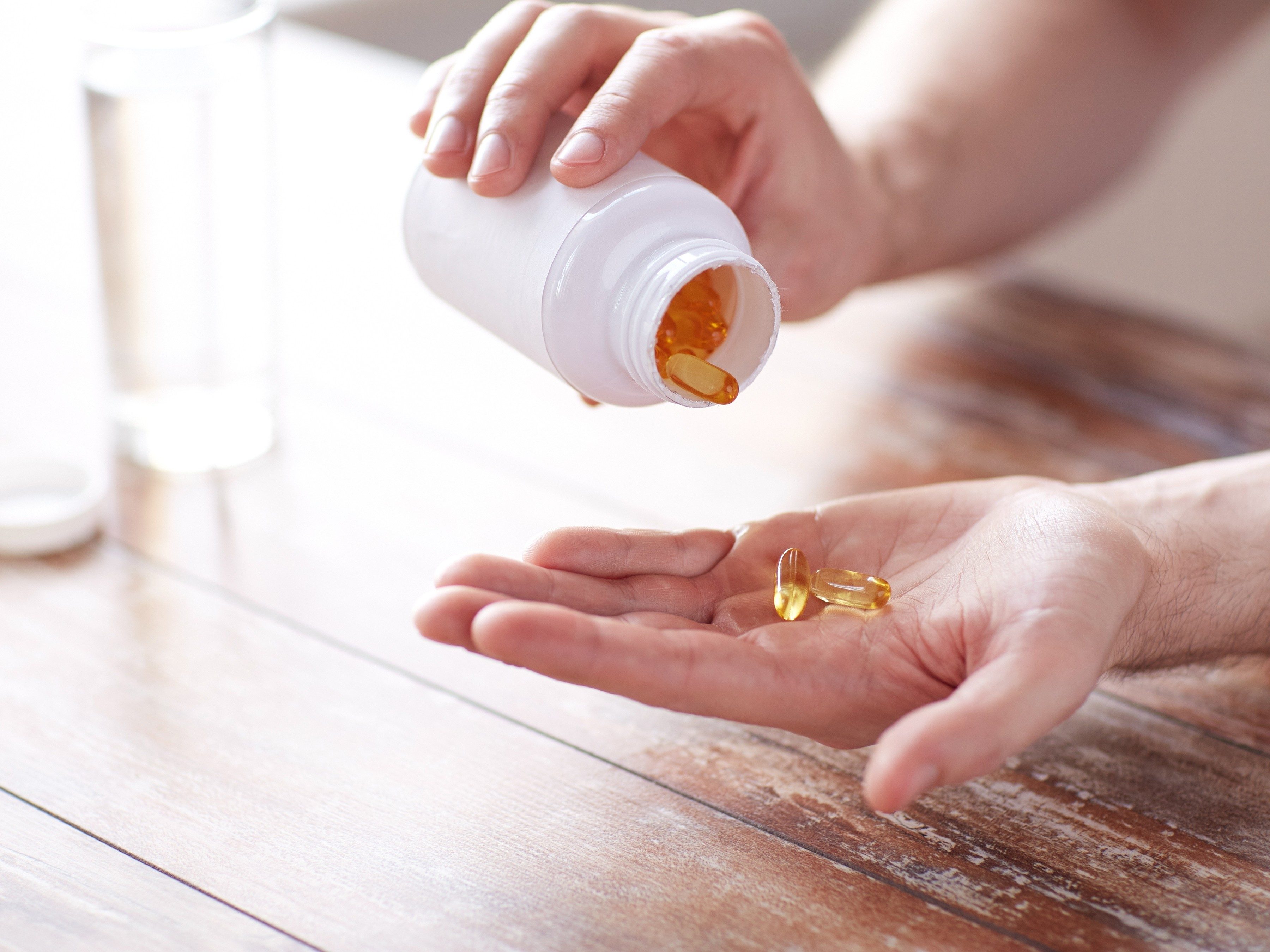
L-theanine
Although clinical trials have yet to find a definitive link between this amino acid and reduced anxiety, many patients report good results after taking it in a supplemental dose. As a result, L-theanine has made its way into many “calming” herbal preparations on the market.
Now that you’ve know these natural remedies for anxiety, find out 50 more natural remedies that really work.